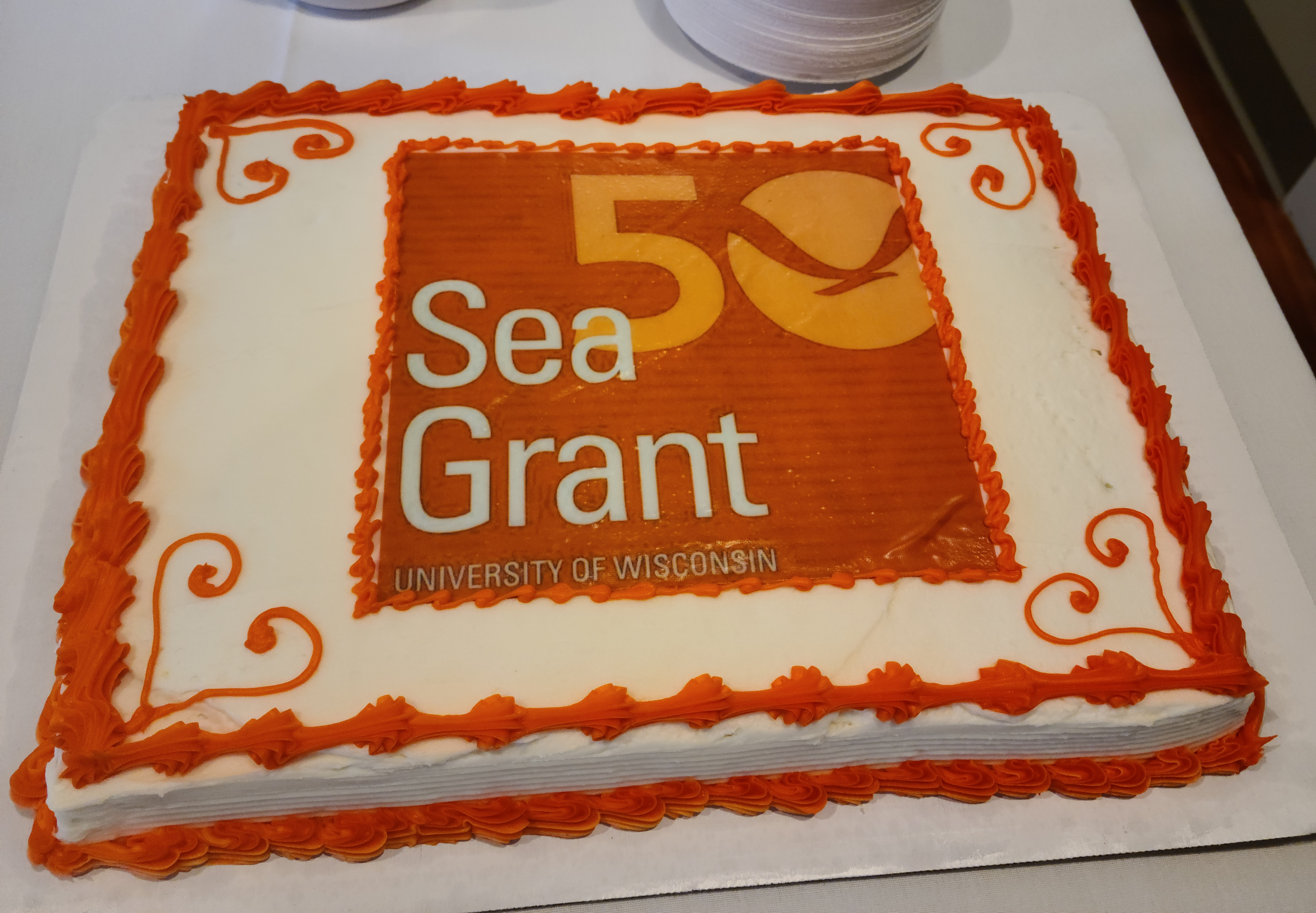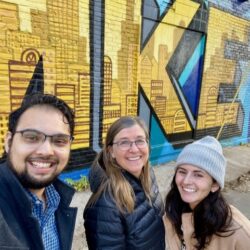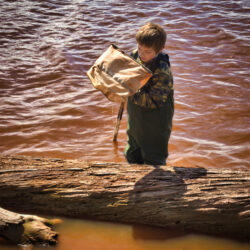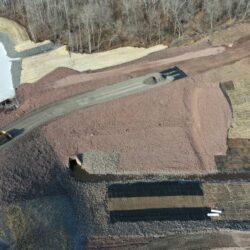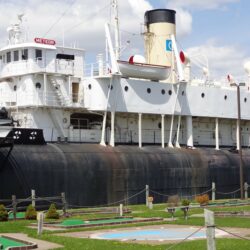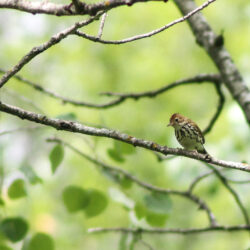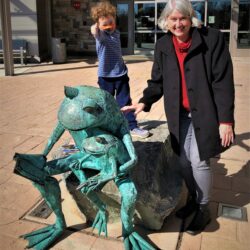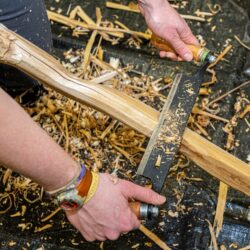Let there be cake! Sea Grant celebrates 50 years at River Talks
The final River Talk for the 2021-22 season was held in May. Sea Grant Director Jim Hurley presented, “Sea Grant at 50: Looking Back, Moving Forward,” examining the formation of this science-based organization devoted to sustainable use and protection of Great Lakes resources.



